Who is confidential?
Someone who is confidential will not share information you disclose with anyone else, including university authorities, without your permission. UNM email communications are not confidential. Confidentiality is not absolute, such as when there is serious, imminent risk of harm, to self or others.
There are three kinds of available services you can access that are confidential:
- UNM Confidential Resources: This term refers to staff who have permission to keep whatever you say confidential. UNM's confidential resources include Advocates at the Women’s Resource Center (WRC) and Arcoíris Center, as well as Staff and Faculty ombuds. Confidential resources maintain no identifiable records, providing only de-identified information to university officials.
- UNM Health Practitioners: Clinicians have the professional and ethical responsibility to keep your information confidential. This includes counselors working at the Counseling, Assistance & Referral Services (CARS) and the Women’s and Arcoíris Centers.
- Community Resources: Local support organizations, such as the Central NM Rape Crisis Center and employee unions, maintain standards of confidentiality appropriate to their organizations.
What are you required to report?
Most university employees who are not confidential resources are required to report to university authorities any time they witness or learn about the harassment, discrimination or retaliation against others at UNM. The Office of Compliance, Ethics, and Equal Opportunity (CEEO) offers this guide to reporting sexual misconduct, including stalking, dating, and domestic violence. Article 11 of the university's policy on prohibited discrimination and harassment describes reporting requirements for UNM Supervisors and Chairs.

